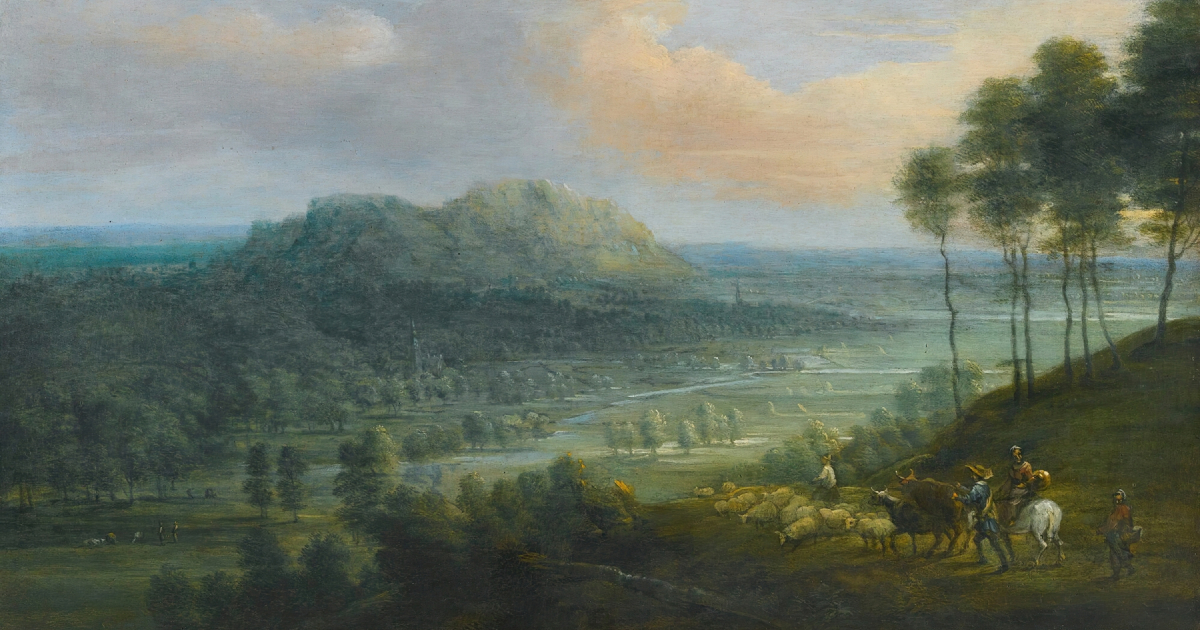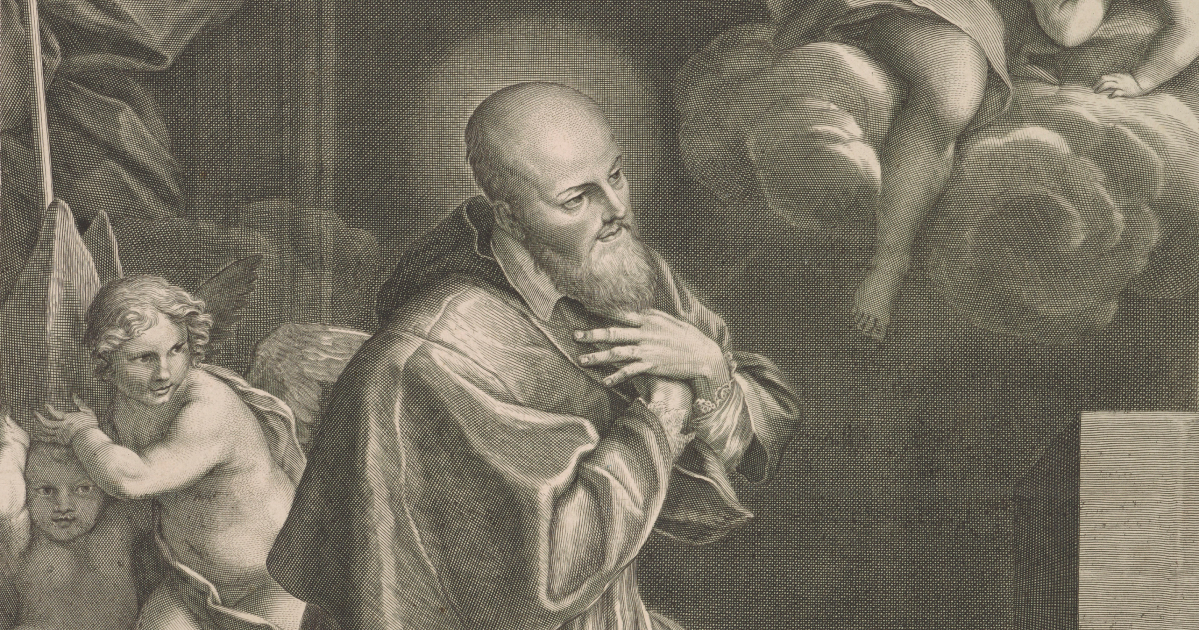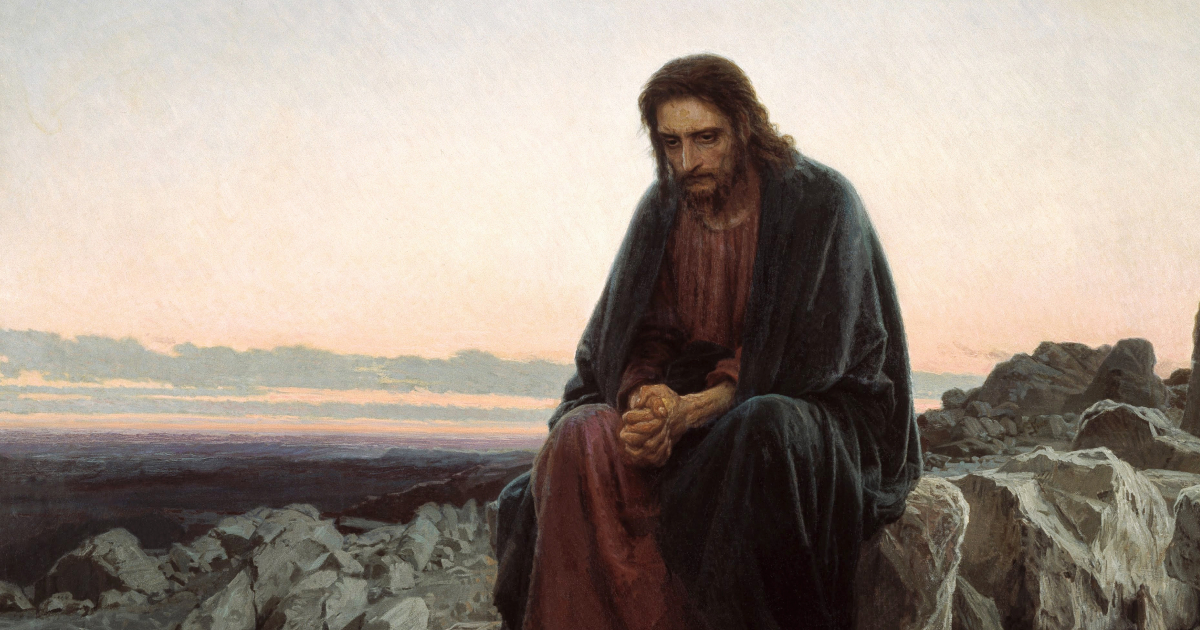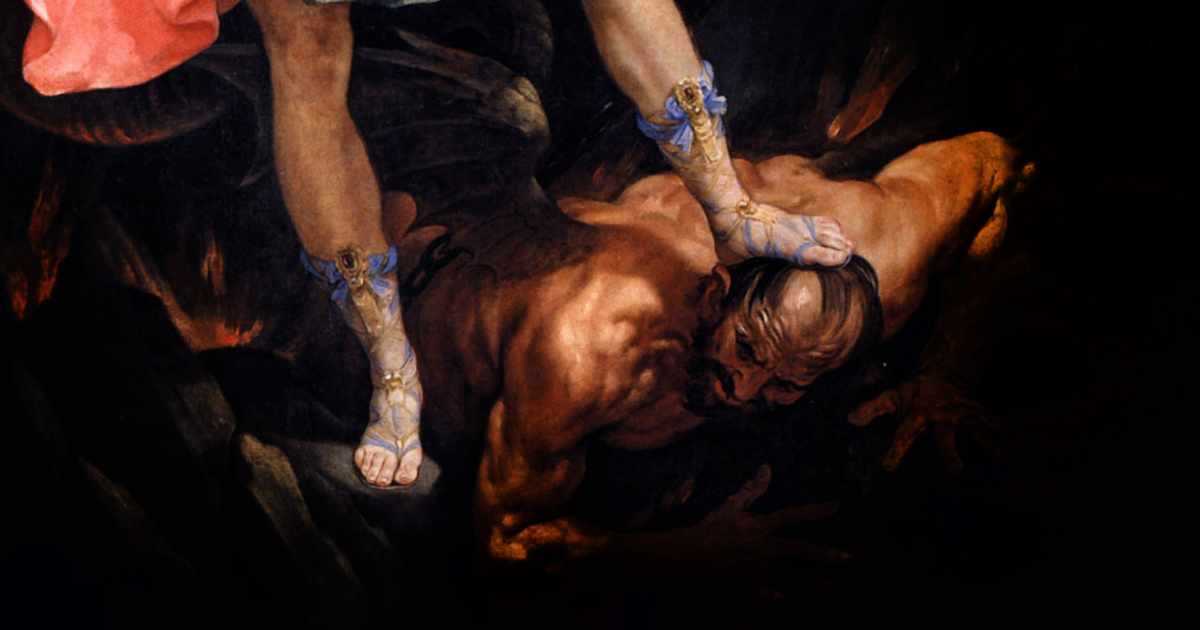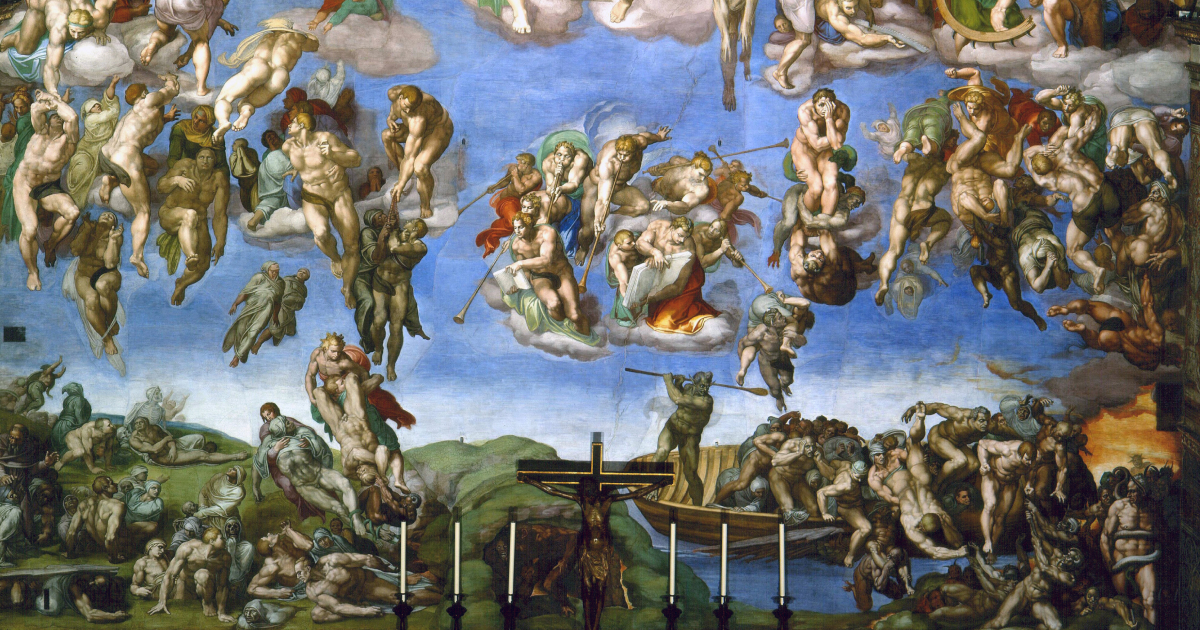Few modern figures in the Church have united sanctity and intellect so completely, or spoken with such prophetic insight to the crises of faith and education in the modern world.
When Pope Leo XIV declared St John Henry Newman a Doctor of the Church, it marked the culmination of a journey that began with Newman’s canonisation by Pope Francis in 2019.
Newman’s legacy – with the saint recently named Patron of Education – stands at the centre of renewed reflection on conscience, reason and the formation of the whole person.
In this interview, Dr Paul Shrimpton, one of the foremost Newman scholars and a contributor to the positio on Newman’s eminent teaching, reflects on what this recognition means for the Church, for Catholic education and for the modern search for truth.
Catholic Herald: Did Cardinal Newman being raised to the rank of Doctor of the Church come as a surprise to you?
Paul Shrimpton: Not entirely. At the time of Newman’s canonisation in 2019, many of us heard people saying, “The door is open – the English bishops only need to push.” Then, in May 2024, when I was visiting the Birmingham Oratory archives, Pope Francis had just approved the beginning of the official process.
A postulator had been appointed, and by that September, I was one of seventeen people invited to contribute to the positio, each of us asked to summarise one area of Newman’s eminent teaching. Mine, naturally, was education.
The cardinals received their copies of the positio early in 2025, and the decisive meeting was expected to take place in May [2025] – but Pope Francis’s death in April caused a delay. What surprised me was how quickly everything moved afterwards.
CH: Contributing to the positio must have been quite a responsibility?
PS: It was. Surprisingly, not everyone contributing was a Catholic. Yet, as someone reminded me, the Holy Spirit works through all sorts of means when He wants something done.
Given the speed of the process and the sheer scale of Newman’s corpus – around eighty volumes including letters and diaries – it’s understandable that the postulator had to seek help. Otherwise, the work would have been immense.
CH: Becoming a Doctor of the Church is a great spiritual honour, but what do you think it means for the Church’s future? Will it change anything in our lifetime?
PS: I hope so! But that depends on us. People ask, “What are the bishops going to do?” I always reply: they haven’t got the time – the laity must step up. Scholars of Newman in the British Isles are few, and most are already overcommitted.
The real energy now lies in the United States, though interest is spreading across the world – from Europe to Africa, Asia and Latin America. Newman is a Doctor [that] the modern world needs: he unites head and heart, the rational and the imaginative.
His vision balances the Thomistic and scholastic clarity of Aquinas with a more personal, existential and sacramental imagination. Newman engages both the Western empirical mind and the Eastern patristic one.
He was, as Cardinal Marc Ouellet once called him, a “prophet of equilibrium” – a thinker who holds opposites in creative tension.
CH: That’s beautifully put – the balance of head and heart reminds me of what Benedict XVI said about Augustine and Aquinas. Turning to England itself: in a time of decline for Anglicanism, of schism and renewed Catholic vitality, what does Newman’s new title signify in this country?
PS: For Anglicans, Newman remains their greatest mind and saint – and his sermons, over six hundred of them, are still a rallying cry to holiness. They challenge complacency.
For England as a whole, Newman’s life represents the great modern conversion story. He searched for the true Church for over twenty years, discerning aspects of it in Orthodoxy, Catholicism and Anglicanism, until finally entering into full communion with Rome.
That journey speaks profoundly to a people again searching for meaning. In Callista and elsewhere, Newman shows that Christianity – especially Catholic Christianity – answers the deepest longings of the human heart. He is a gateway to faith, not only through intellect but through conscience and imagination.
CH: Now that Newman is to be known as “Co-Patron of the World of Education”, how does his vision of learning speak to today’s crisis in Catholic education?
PS: The frontrunner for his title as Doctor has been Doctor of Conscience, though some have suggested Doctor of the Laity or Doctor of Education. Still, education is central to his mission. People often misunderstand it because they know only The Idea of a University, which was written for a specific purpose and omits the pastoral dimension.
To grasp his full vision, one must also read Rise and Progress of Universities, which traces educational development over centuries. Newman was never a mere theorist – he reformed Oxford, founded the Catholic University of Ireland and established the Oratory School for lay boys.
He championed learning for its own sake, but also moral formation, virtue and freedom. He balanced preparation for this life with preparation for the next – something we’ve largely forgotten in our career-obsessed culture.
Newman understood education as the shaping of the whole person: intellect, imagination and conscience. That’s why even secular scholars admire him – his point in Idea isn’t the idea of a Catholic university, but of a university. His thought speaks to all.
CH: He seems to anticipate our modern debates on utilitarianism, science and faith. Could you expand on his teaching about the “illative sense” and conscience?
PS: The illative sense, from the Grammar of Assent, describes that pre-logical foundation of all reasoning – intuition or judgment informed by experience and conscience. Newman saw that even science rests on these pre-logical, non-deductive leaps of faith. This makes him a profound antidote to scientism.
On conscience, he was equally balanced. His Letter to the Duke of Norfolk explores the tension between personal conscience and Church authority. Newman obeyed his bishops scrupulously, even when misunderstood or marginalised.
He feared private judgment, seeing it as wilfulness detached from truth. For him, conscience was never autonomy but the echo of God’s voice in the soul. Benedict XVI once said that no one wrote more on conscience than Newman, except perhaps Augustine. And today, the world desperately needs that reminder.
CH: Finally, could you tell us about your latest book The most dangerous man in England: Newman and the laity and about what comes next for your research?
PS: My recent book explores Newman’s theology of the laity – what Paul VI called his “hour” at Vatican II. Newman grasped the universal call to holiness long before the Council.
His Anglican sermons, if read today, could transform the Church. He envisioned clergy and laity breathing together, conspiratio pastorum et fidelium. The laity must take responsibility for evangelisation through friendship, work and personal witness. Newman called his own correspondence “missionary work of the most intimate kind”.
My next project is with the Catholic University of America Press: two volumes distilling Newman’s teaching on education – one for school teachers, one for universities. By drawing on my research over the last thirty-five years, I hope it will make his vision accessible to educators worldwide.
CH: Then may the Prophet of Equilibrium guide your work. Thank you, Paul.
Photo: Paul Shrimpton (image by Arcadia)





.jpg)



